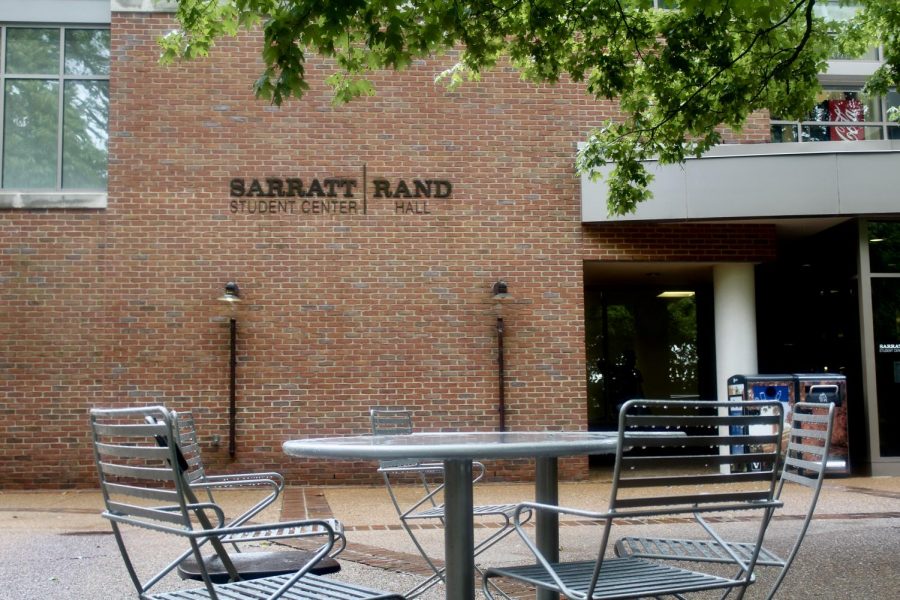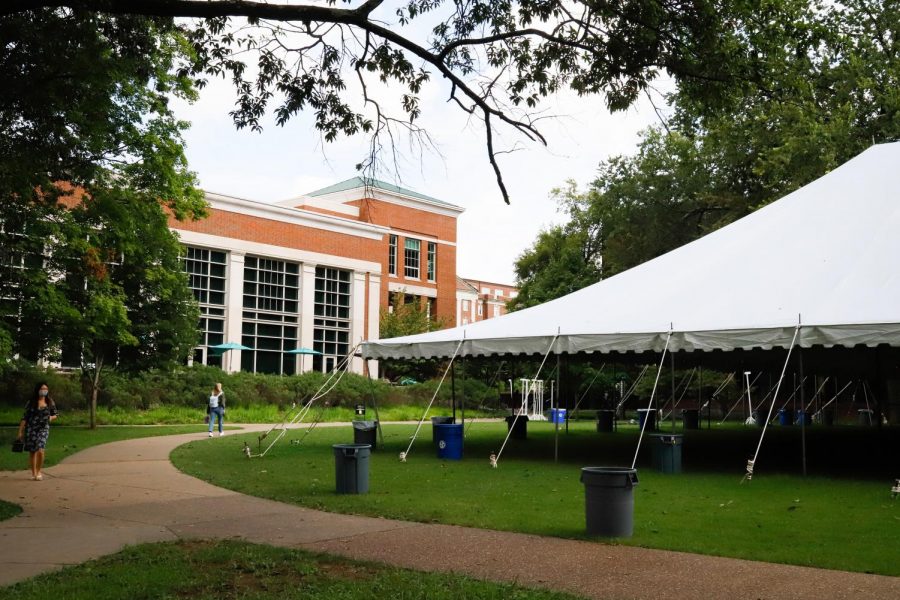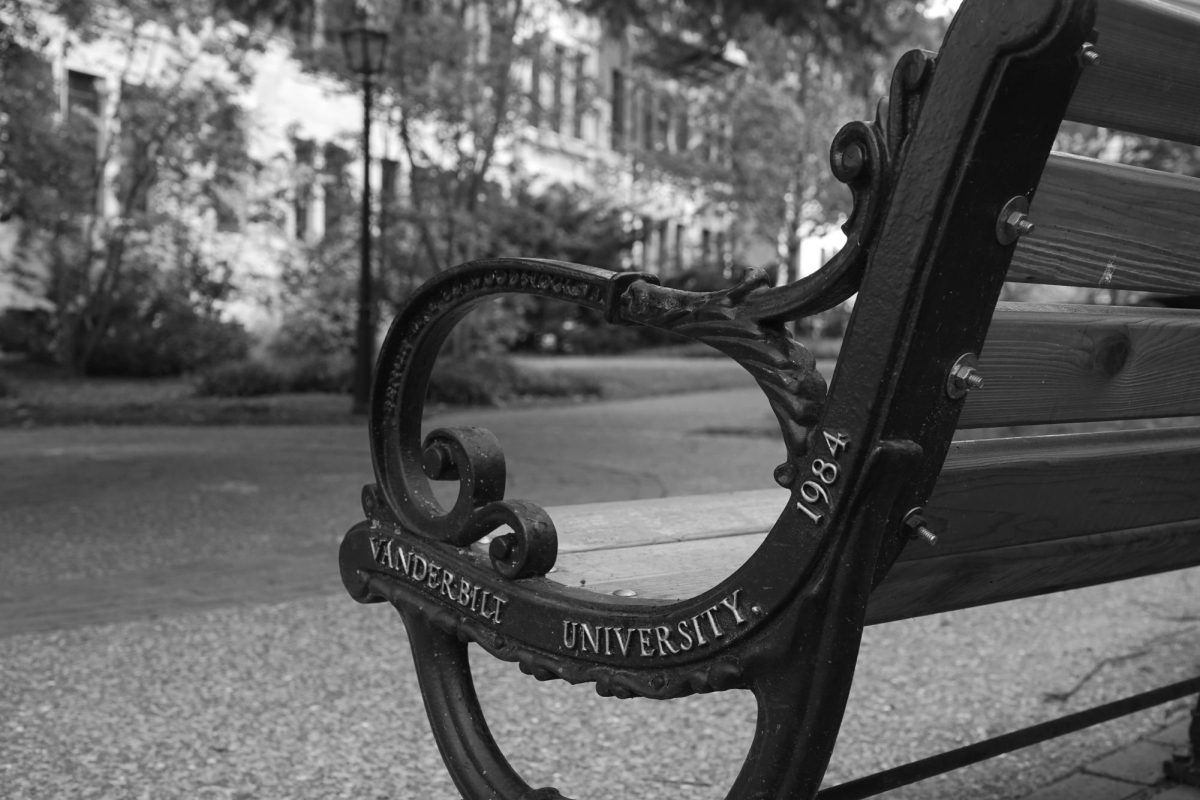Vanderbilt students were alerted April 3 via email that any summer transfer credit course approval sought after March 30, 2020 will be denied if the course is offered by Vanderbilt.
This policy incited harsh criticism from many students, for reasons including that it’s financially exclusive, students said. Financial aid typically does not apply to summer courses and Vanderbilt summer classes, though not yet priced for 2020, cost $1,625 per credit hour in 2019. The cost of online classes at nearby Middle Tennessee State University during a typical term is $300 per credit hour for in-state students.
“I think this change will reinforce the class disparities on campus,” senior Rasul Dent said in an email to The Hustler. “In particular, it will discourage lower-income students from pursuing science and engineering majors.
Dent said that he has several friends who took more affordable summer classes elsewhere in order to catch up or switch into a major with a long list of prerequisites, as science and engineering classes frequently do. Vanderbilt already had a six credit hour limit on summer transfer credit, so there was no risk of summer credit elsewhere replacing the vast majority of studies at Vanderbilt, Dent said.
Another student, sophomore Tamim Hamdan, said that he thinks this policy is adding another stressor in a time when online classes due to COVID-19 are already burdening many students. Hamdan said it doesn’t make sense to him that Vanderbilt would implement this policy which could possibly further hinder students from achieving success.
“In my opinion, it is inconsiderate to provide more and new limitations on students in a time where we are all suffering from financial, technological, and educational limitations as it is,” Hamdan said in a message to The Hustler. “We are all coping, and trying to cope, with the current world circumstances and it is absurd to implement a new requirement that only causes more stress and hardship on students.”
A Vanderbilt spokesperson said that administration felt it was important to change the transfer policy to “ensure the best possible education” during this unusual summer.
“With the changing landscape of higher education as universities move to online learning this summer, we wanted to make it possible for our students to continue their Vanderbilt education, while offering as much flexibility as possible. To that end, we have made additional courses available for the summer to help make up for the sudden changes that have taken place this spring.”
Additionally, the spokesperson said that some schools are lowering the normal minimum enrollment numbers for a course to be taught in the summer, adding that “this move helps our students who need these courses and the faculty who are teaching them.”
The spokesperson did not respond to inquiries regarding student claims that this policy is financially exclusive or represents an attempt to generate more revenue for the university.
Other students were directly impacted by the policy. A first-year reliant on financial aid to attend Vanderbilt, Shery Girgis said that she worries she’ll have to miss out on summer classes she intended to take because Vanderbilt won’t approve them and she can’t afford summer classes at Vanderbilt.
First-year engineering student Ester Teper is also wrestling with the new policy. She filed for approval of a summer class elsewhere on March 18, but never got approval. When she emailed the VUSE Registrar, she was told that she would have to file a new petition for the course to count. After emailing the Senior Associate Dean for Undergraduate Education Cynthia Paschal for further clarification, Paschal reiterated instructions from the email announcing the change in policy and encouraged Teper to go through the petition process.
“I really wish that [administrators] would put their foot out more and try to help us more,” Teper said.
Dent said that forcing people to come up with $9,000 for classes like Calculus 1 or General Chemistry 1 is overkill for an institution that claims to want to make higher education more accessible for low income students. Dent said that everyone he knows who completed summer classes on Vanderbilt’s campus had to aggressively petition for circumstance-specific financial aid which was frequently denied, or take out large loans.
https://twitter.com/mercuxiohno/status/1245720332100603904?s=12
“Using the expansion of course offerings due to the online nature of classes in 2020 while retaining limited summer financial aid comes across as blatantly manipulating a crisis to force students to pay Vanderbilt’s $2,000+ tuition/credit hour out of pocket during a particularly difficult time,” Dent said.
The email alerting A&S students of this policy said that A&S students can petition for exceptions by emailing their Office of Academic Services. Peabody students should email Malina Halman to petition for their exceptions. Engineering students can also petition for exceptions to this policy, or email questions to their respective Office of Academic Services with inquiries. Blair students can email Rachel Hobbs at their Office of Academic Services as well.
Correction: This article has been updated to reflect that students in the School of Engineering can petition for exceptions to the change in policy. The correct link for the School of Engineering Office of Academic Services has also been updated.












